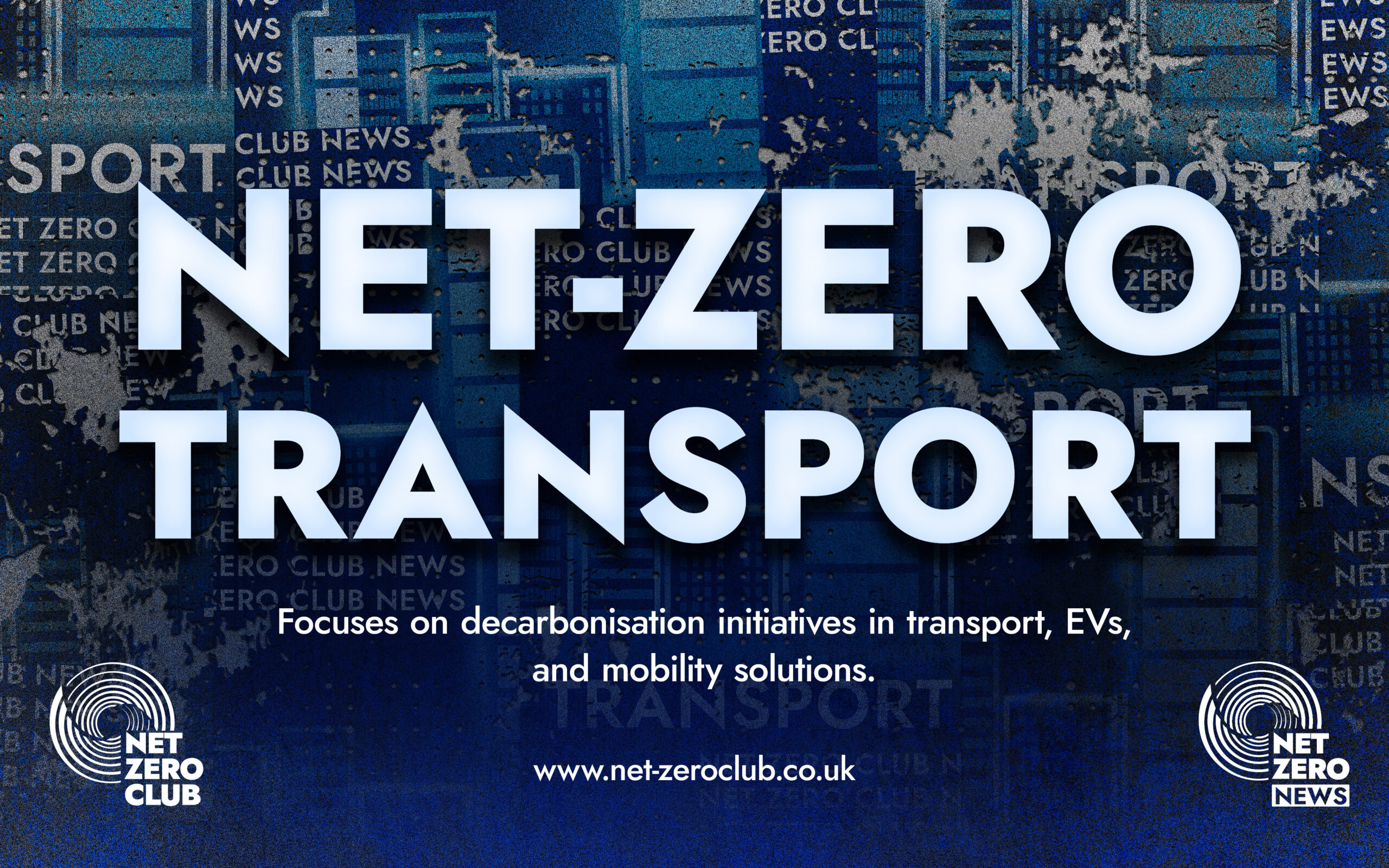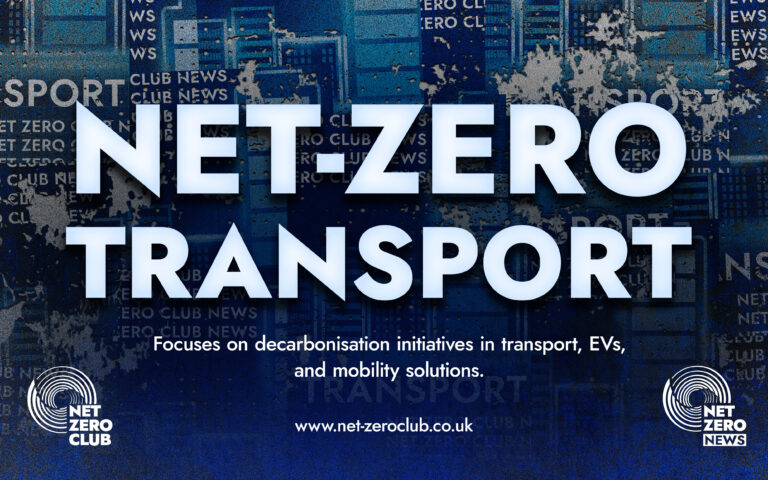EV Drivers Face Unfair Targeting by Private Car Park Firms

Welcome, Net Zero News readers,
In a disconcerting trend that has recently come to light, private landowners and parking companies are imposing fines on electric vehicle (EV) drivers who are using designated charging spaces. This practice has drawn widespread condemnation from automotive and disability advocacy organisations alike, raising serious concerns about the accessibility and support for EV drivers across the UK.
Reports indicate that many EV drivers are being “aggressively and unfairly targeted” by private car park operators, who issue Parking Charge Notifications (PCNs) to those parked in clearly marked bays intended solely for electric vehicle charging. This is particularly troubling as it undermines the very efforts to encourage a transition to electric vehicles that governments and local authorities have been promoting.
The issue was first highlighted by Norrie Hunter, a seasoned motoring journalist and long-time EV owner. Hunter recounted his own experience of receiving a fine while charging his vehicle at a hotel belonging to a major chain that advertised free parking for guests. To his surprise, there were no signs indicating that guests were required to pay for charging, a situation that left him both confused and frustrated.
While Hunter was fortunate enough to have his fine revoked, he noted that this is not an isolated incident. The practice appears to be widespread among private parking firms contracted by hotels, city councils, and tourist destinations throughout the UK. “While governments, local authorities, and other entities boast of encouraging drivers to transition to electric vehicles, this money-grabbing practice is being widely condemned,” he explained. Furthermore, he highlighted the ambiguous signage at charging hubs, which can lead to confusion for drivers.
As if the risk of receiving a fine wasn’t enough, many EV owners are also grappling with the ongoing issues of non-electric vehicles occupying EV spaces and ‘bay hogging’. These challenges are quickly becoming disincentives for potential EV drivers, who may reconsider making the switch to electric altogether.
The Automobile Association (AA) has acknowledged these troubling practices. Jack Cousens, the head of roads policy, commented on the aggressive tactics employed by some private parking firms. “This could deter people from using sites with public EV charging in the future,” he warned. He emphasised the need for clear and explicit signage, advising that additional information should be provided near charging bays to inform drivers if they need to register their vehicle via a payment machine or app.
Dr Euan McTurk, a recognised expert in battery technology and a lifelong EV advocate, echoed these sentiments. He expressed concerns about the enforcement practices of car park operators, stating that fines should only be issued to vehicles obstructing charging bays or exceeding their charging time—especially at high-power rapid charging hubs. He lamented that some operators are fining drivers who are legitimately charging their vehicles and are promptly moving their cars after charging, rather than leaving them parked for extended periods.
Dr McTurk underscored the necessity for collaboration between car park operators and charge point operators to prevent the issuance of confusing and unjust fines. He remarked on the inconsistency in enforcement, noting that some car park operators allow petrol and diesel vehicles to block charging bays without consequence. “They should immediately introduce fines for genuine misuse of charging bays to ensure they remain available for those who need them,” he asserted.
Charge point operators, however, maintain that they have no control over the parking regulations or enforcement policies at these sites. GeniePoint, a company that installs EV chargers across the UK, expressed understanding of the frustration caused by receiving a Parking Charge Notice. They emphasised the importance of signage that adheres to legal standards to minimise driver confusion and ensure fair enforcement.
In an effort to avoid PCNs, GeniePoint advises drivers to check the parking terms and conditions at any location where they intend to charge their vehicles. This precaution is especially pertinent given that Blue Badge holders are not exempt from such fines either. A spokesperson from Motability Operations, which supports disabled drivers transitioning to electric vehicles, stressed the need for a seamless transition for all, including those with disabilities. “No one should be burdened with unexpected costs while charging,” they stated.
On the other hand, the British Parking Association (BPA), representing private car park operators, insists that it is the responsibility of each driver to comply with the signage provided. They encouraged motorists to reach out to the BPA if they have concerns about the clarity of signage at car parks.
For many victims of these parking fines, the process of appealing against a PCN can be both difficult and frustrating. One driver recounted their experience of navigating a car park operator’s website, likening it to “navigating a space probe to Mars.” After receiving a £57 PCN for legally parking at a hotel’s EV charging bay for just 24 minutes, they described the actions of car park operators as legal but often immoral.
The issue of fair enforcement is echoed in statements from local authorities. Edinburgh City Council reassured drivers that “nobody will receive a fine if they follow the rules.” They clarified that overstay penalties apply only to vehicles surpassing the maximum charge period and that Penalty Charge Notices are issued to internal combustion vehicles occupying EV bays where Traffic Regulation Orders are in place.
A spokesperson for Transport Scotland highlighted the critical role of electric vehicle charging in private car parks in facilitating the transition to EVs. They noted that parking enforcement is essential for ensuring fair access to charging stations, but emphasised that such enforcement must be both fair and reasonable, supported by clear signage.
As the EV industry continues to mature, the importance of a holistic approach to user experience is becoming increasingly apparent. Melanie Shufflebotham, co-founder and COO of Zapmap, pointed out the growing number of charge points at destination locations like hotels, retail parks, and leisure centres. She stressed the need for clear signage, staff education, and a coordinated effort among all stakeholders to prevent confusion regarding charging costs and parking regulations.
In conclusion, as we push towards a net zero future, it is paramount that we address these disheartening practices that hinder the adoption of electric vehicles. Clear signage, fair enforcement, and proper communication between car park operators and charge point providers are essential for creating an environment where EV drivers can charge their vehicles without fear of unfair penalties. The transition to electric vehicles should be a collaborative effort that prioritises clarity and accessibility for all drivers, ensuring that the move towards a sustainable future is as smooth as possible.
As we navigate this journey together, let us advocate for clearer regulations and more supportive practices that will encourage the growth of electric vehicle usage, ultimately contributing to a greener and more sustainable planet.

 Got net-zero news, project updates, or product launches to share?
Got net-zero news, project updates, or product launches to share? 
